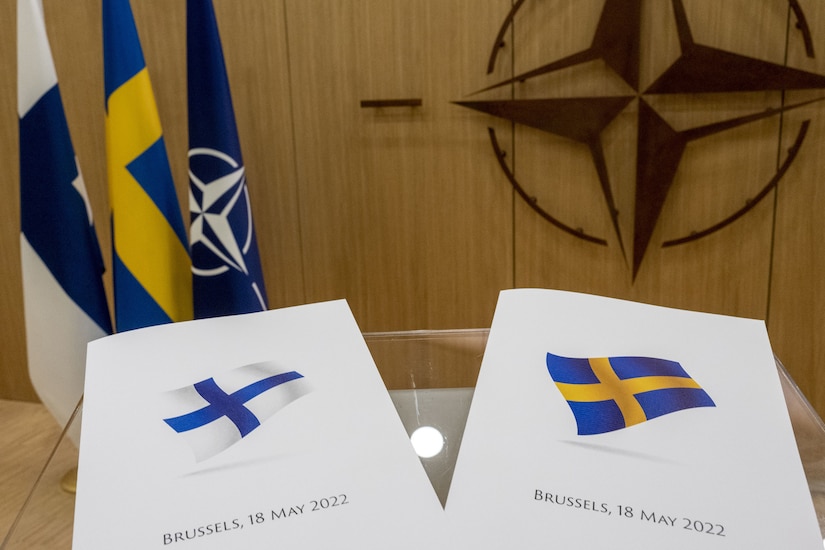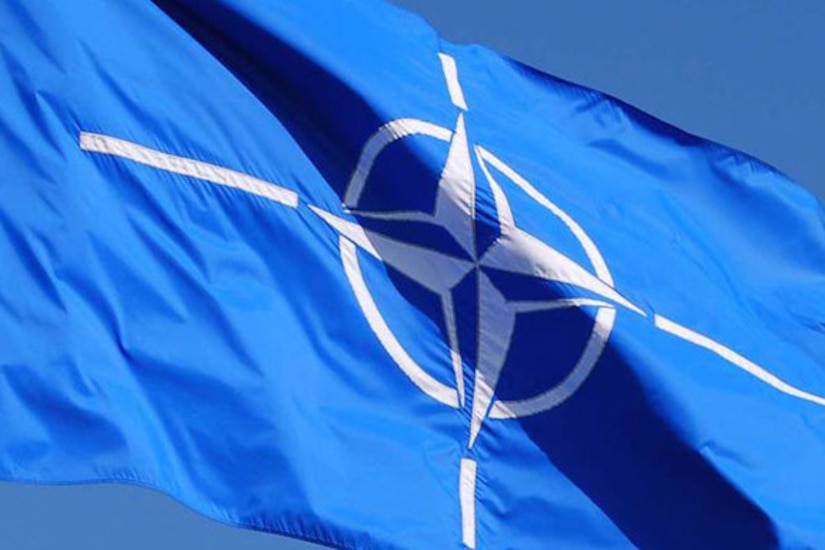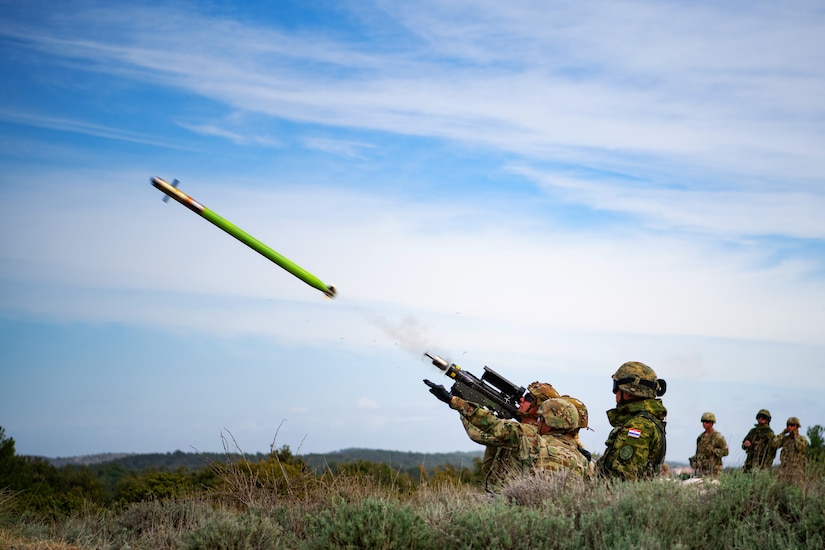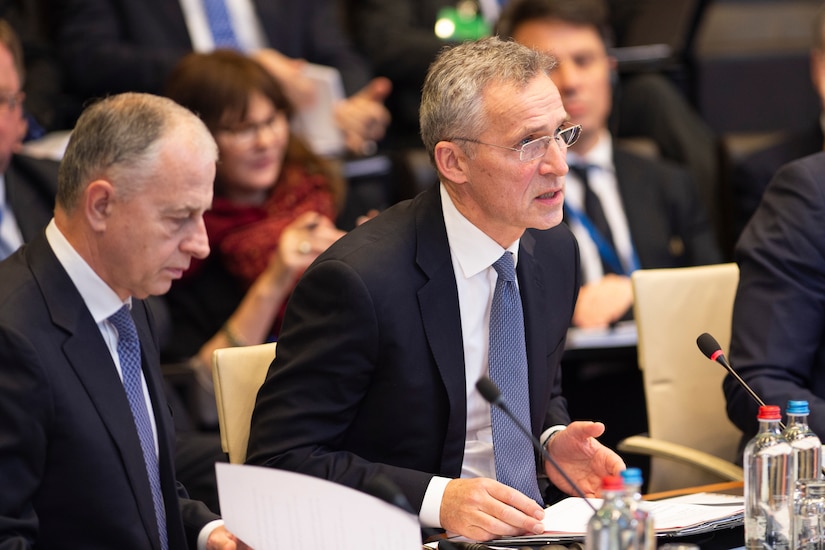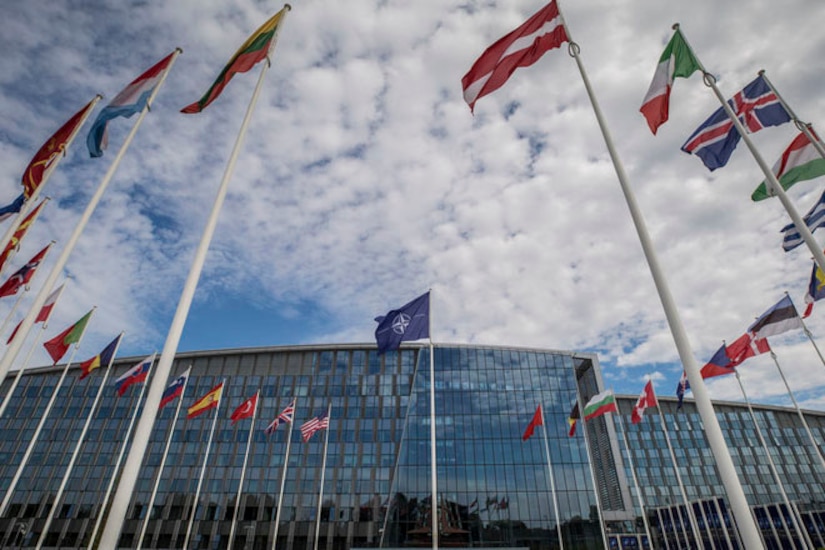Official websites use .gov
Secure .gov websites use HTTPS
Finland and Sweden filed letters of application to officially join The North Atlantic Treaty Organization on May 18, but joining NATO is not an overnight process.
State Department officials have said nations that want to enter NATO must meet five requirements:
Finland and Sweden meet the majority of requirements to enter NATO economically, governmentally and militarily, but new members must be invited by a consensus of existing NATO members, State Department officials said.
State Department officials said a key determining factor for any invitation to new members is whether their admission to NATO will strengthen the alliance and further the basic objective of NATO enlargement, which is to increase security and stability across Europe.
The process is overseen by the North Atlantic Council, which is NATO's governing body.
"All allies agree on the importance of NATO enlargement," Stoltenberg told representatives of Finland and Sweden. "We all agree that this is an historic moment, which we must seize."
After Russia invaded Ukraine in February, Swedish and Finnish officials said their countries wanted to join NATO and benefit from the organization's collective defense strategy. Collective defense, outlined in Article 5 of NATO's treaty, says "an attack on one member of the alliance is an attack on all."
When both nations filed applications, NATO Secretary General Jens Stoltenberg welcomed their requests, saying the countries are NATO's closest partners. "Your membership in NATO would increase our shared security," he said.
"Allies will now consider the next steps on your path to NATO. The security interests of all allies have to be taken into account, and we are determined to work through all issues and reach rapid conclusions," Stoltenberg said.
Created in 1949 as a military alliance following World War II, NATO rests on the "collective defense" principle. It guarantees the freedom and security of member nations through political and military means, according to the NATO website.
Politically, NATO promotes democratic values and enables members to consult and cooperate to solve defense and security-related issues, build trust and prevent conflict, according to the organization's website. Militarily, NATO is committed to the peaceful resolution of disputes. If diplomatic efforts fail, it has the military power to undertake crisis-management operations.
Military power is carried out under the collective defense clause of NATO's founding treaty — Article 5 of the Washington Treaty — or under a United Nations mandate. This can be done alone or in cooperation with other countries and international organizations, according to NATO's website.
Thirty nations are NATO members: the United States, United Kingdom, Belgium, Canada, Denmark, France, Iceland, Italy, Luxembourg, Netherlands, Norway, Portugal, Albania, Lithuania, Bulgaria, Montenegro, Croatia, Czech Republic, Poland, Estonia, Romania, Germany, Slovakia, Greece, Slovenia, Hungary, Spain, Turkey, Latvia and North Macedonia.
Choose which Defense.gov products you want delivered to your inbox.
The Department of Defense provides the military forces needed to deter war and ensure our nation's security.
